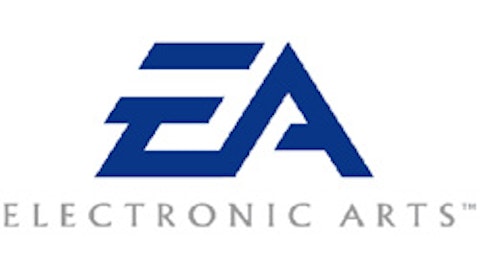All gamers have done it at some time or another: fallen victim to a barrage of marketing hype, rushed to the store, and spent a wad of cash on the “it” game, ran home to play, and experienced … grave disappointment. $50 for this?
Order … In a disorderly market
Fortunately, gamers are a resourceful bunch, and some have taken to the internet to write reviews critiquing the newest games. These editorials work much like something you’d see in the newspapers or on rottentomatoes.com for movies — a few paragraphs about the quality and nature of content, followed by some sort of standard rating metric or score. In the video game industry, IGN.com, gamespot.com, and metacritic.com are the leading sources of reviews.
For illustrative purposes, I’ll refer to IGN’s rating scale: scores range from 0 to 10, where 0 is a “Disaster,” 3 is “Awful,” and 5 is “Mediocre;” 8, 9, and 10 are “Great,” “Amazing,” and “Masterpiece,” respectively. A game rated 8.2 plays “Great,” but isn’t as “Great” as a title that scores an 8.8. Gamers love reviews because with so many different titles available, nobody wants to have a “Mediocre” summer vacation by playing a 5.
Along these lines, and I will tell you that I’m a game nut familiar with the review sites, highly-rated games generate a positive buzz and usually post impressive sales numbers. For those of you who own or are considering electronic entertainment stocks, please understand that most gamers consult the reviews before making purchase decisions. Put another way: if it matters to the customer, then it should matter to the investor.
So, if reviews are important to sales, and if we accept that sales trends influence corporate strategy, then we can logically say that reviews have some bearing on strategy as well. Here are some examples that investors can appreciate.
Game reviews meet business strategy
The Battlefield series, an Electronic Arts Inc. (NASDAQ:EA) product, famously does battle with Activision Blizzard, Inc. (NASDAQ:ATVI)‘s Call of Duty line. These franchises currently dominate the “shooter” game category and sell exceedingly well; both have received glowing reviews from IGN in the 8.5 to 9.5 range. An important distinction, however, centers around sales totals: Call of Duty has sold over 120 million units in its series run while Battlefield comes in at only about 24 million.
The reason for this disparity lies with the fact that Activision Blizzard, Inc. (NASDAQ:ATVI) has released a new Call of Duty annually for the last nine years, while Electronic Arts has published four Battlefield entries in the same time period. From a business perspective, I’d say that the consistent string of highly-rated Call of Duty games has created a pretty imposing barrier to entry between the shooter category and Electronic Arts.
Essentially, Activision Blizzard, Inc. (NASDAQ:ATVI) has set the quality standard so high that Electronic Arts Inc. (NASDAQ:EA) has required years to formulate a competitive product, and Activision racks up the sales in meantime. So if I were researching the industry, I’d certainly like to see some consistently good reviews in a particular company’s major game franchises because that kind of track record can create a great competitive edge.




